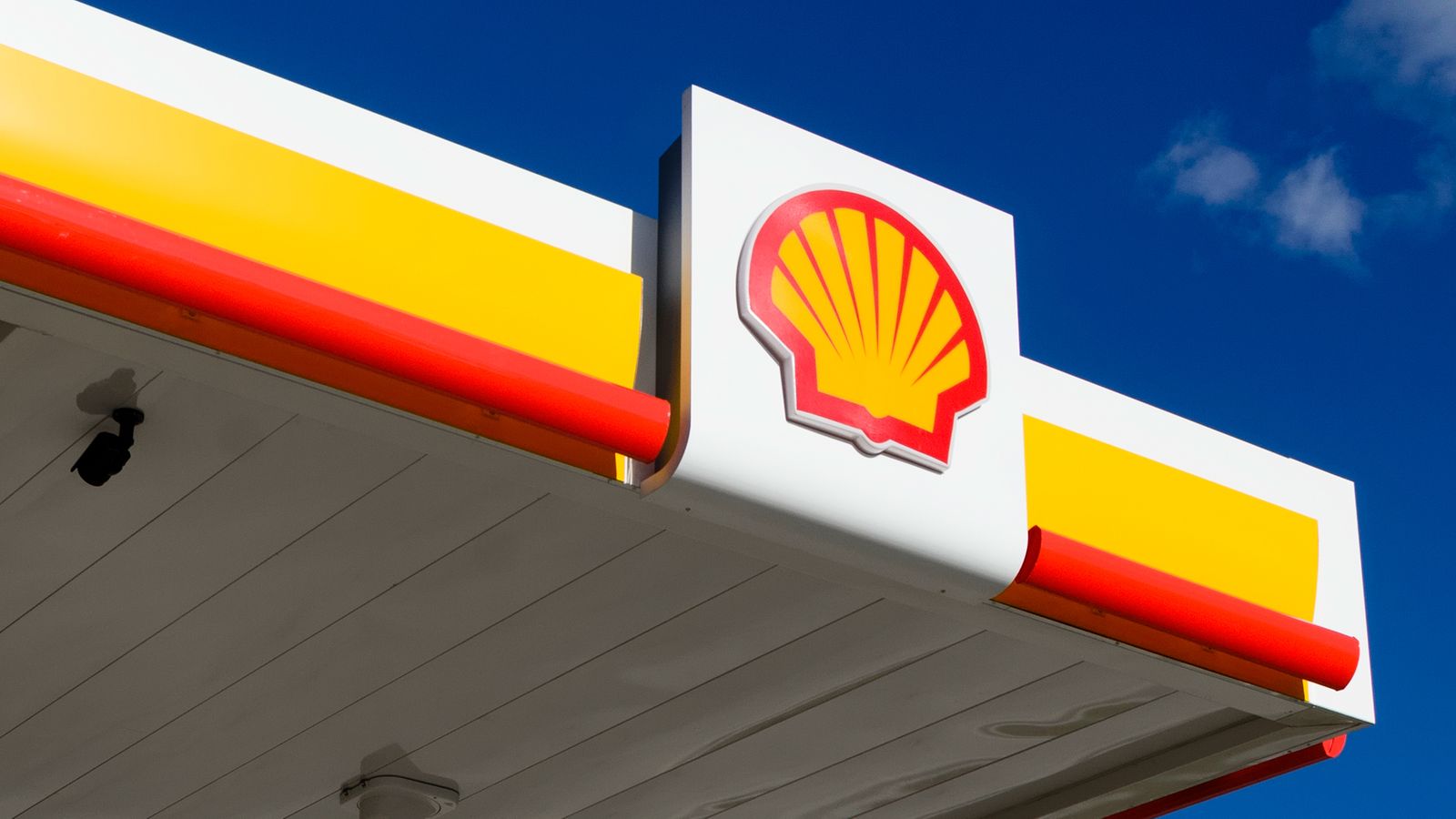Shell says it plans to halve emissions in two categories by the end of this decade but its pledge does not include a third category that accounts for more than 90% of its total.
The oil company said the measure will be assessed against 2016 levels and will cover its Scope 1 and Scope 2 emissions – those from its own production sites and the energy it buys from elsewhere.
But it will not include Scope 3 – emissions caused by customers burning its fuels. Shell says on its website that these account for over 90% of its total emissions.
The move comes in response to a ruling by a Dutch court in May that Shell must cut emissions in all three categories by 45% before 2030.
Shell plans to appeal against the part of the decision affecting Scope 3 emissions, which it has said will reach net zero by 2050.
The company said its promise regarding Scope 1 and Scope 2 was “an important step as we rise to meet the challenge of the Dutch court’s ruling”.
It added: “Our 2022 business plan will reflect this new target, which we are committed to delivering regardless of whether we win or lose our appeal against the ruling.”
Lloyds beats expectations with third quarter profit
Tory donor’s digital bank OakNorth hires Goldman to land new funding
Key budget announcements: Alcohol, fuel and tax changes revealed in chancellor’s statement
Shell chief executive Ben van Beurden said: “Altogether, this is clear evidence of how we are accelerating our Powering Progress strategy, purposefully and profitably.”
Shell has also said it will stop routine gas flaring by 2025, five years earlier than planned.
Routine flaring, also known as production flaring, is a way of disposing of large amounts of unwanted gas during crude oil extraction.
Sometimes this gas is used for energy but this is often not financially advantageous, so it gets burnt onsite.
The World Bank says this is a “monumental waste of a valuable resource”, adding that the amount flared each year – about 142 billion cubic meters – could power sub-Saharan Africa.
Also on Thursday, the oil company posted a £719m loss in its third financial quarter, compared to a £129m profit at the same time last year.
The company is under pressure from activist hedge fund Third Point to split itself into “multiple standalone companies”, including a “legacy” arm focused on oil and gas that could “slow capex beyond what it has already promised”.
According to a report in the Financial Times, the hedge fun owns a stake in Shell worth close to $750m (£545m).
The newspaper cited a letter to Third Point shareholders which accused Shell of having “too many competing stakeholders pushing it in too many different directions, resulting in an incoherent, conflicting set of strategies attempting to appease multiple interests but satisfying none”.






















